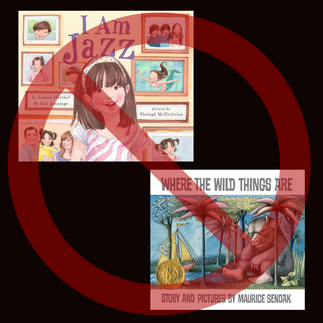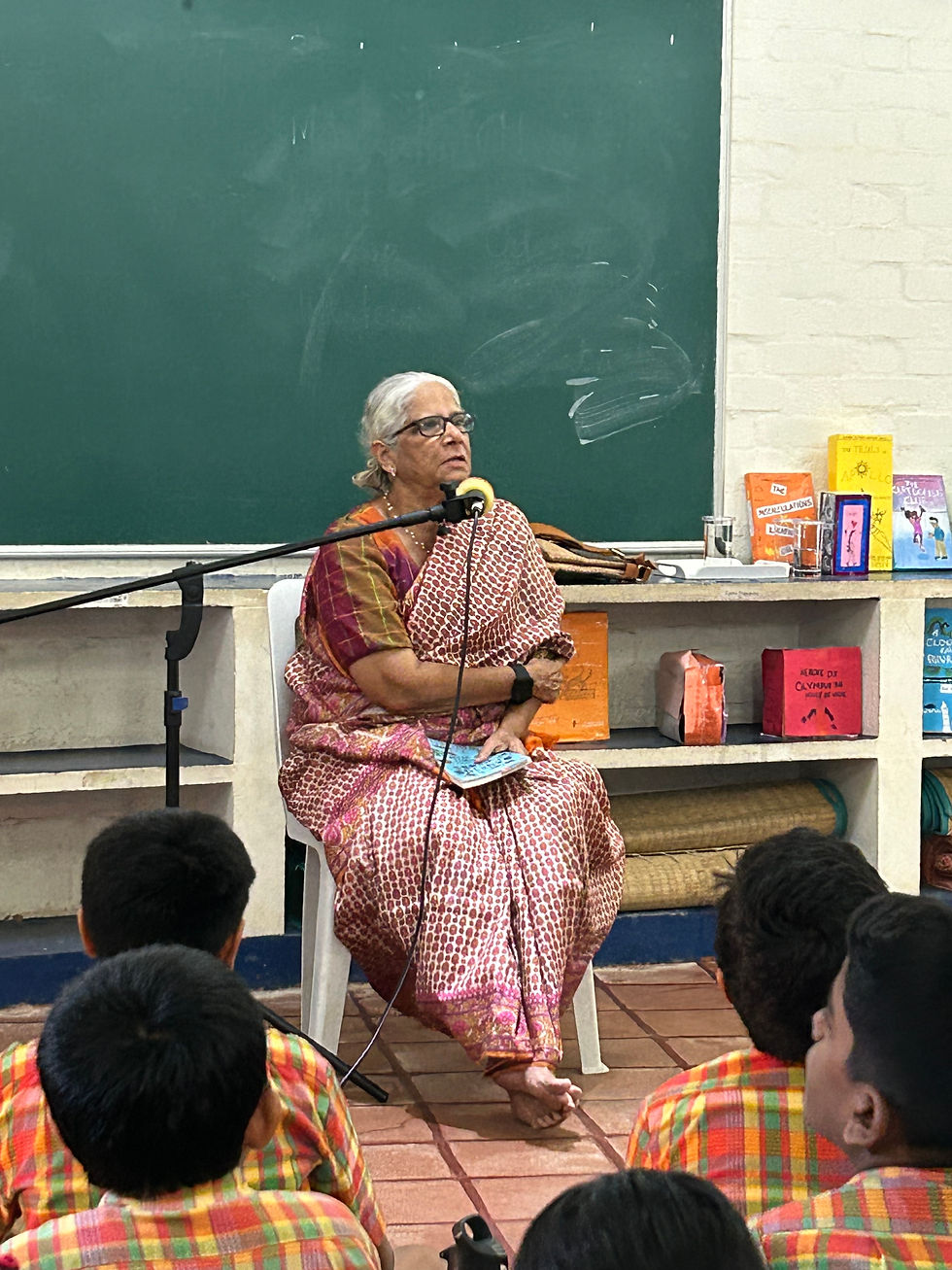Do We Need to Read Challenged Books?
- JoAnne Saldanha
- Sep 28, 2021
- 2 min read
“Censorship is the child of fear and the father of ignorance.” - Laurie Halse Anderson, Author
This week is Banned Book Week, a week during which the entire book community...authors, publishers, booksellers, librarians, educators and parents come together in support of the freedom to seek and express knowledge and ideas, no matter how unconventional, different or unpopular they may be.
As an educator, I use this week to engage with my older students and make them aware that there are people who seek to censor the information they can have access to.
What does censorship mean?
Are they justified in doing so?
Do any of us have the right to decide what someone else can or cannot read?
The idea is not to sensationalise, but rather to engage with them encouraging them to listen to each other and voice their own opinions.
What is the difference between a challenge and a ban?
According to the American Library association, 'a challenge is an attempt to remove or restrict materials, based upon the objections of a person or group. A banning is the removal of those materials.'
Reasons for challenging and/or banning books are many and varied.
It could be themes considered too dark for children...death, violence, destruction, witchcraft and wizardry or inappropriate language, including something as simple as reference to ‘inappropriate’ body parts, divorce, sexuality, disability, race or caste, illustrations that may be considered inappropriate or because an idea or character featured in the book offends certain religious, political or moral views.
“A dangerous book will always be in danger from those it threatens with the demand that they question their assumptions. They'd rather hang on to the assumptions and ban the book.” ― Ursula K. Le Guin, The Wave in the Mind: Talks and Essays on the Writer, the Reader and the Imagination
Who is challenging these books?
The books are most often challenged by parents, individuals or groups.
Often what is considered offensive will vary depending on the time/era of the challenge and the group or specific community.
Challenges pose a threat to freedom of speech and choice, freedom to seek knowledge...freedoms that we must uphold.

Rather than leaving children ignorant about topics we may perceive as 'too big' for them, topics which are often rather impactful, read a challenged book together with your child/children. Or read them yourself...be aware of what they are reading. This makes for a wonderful learning experience, an opportunity to discuss and raise questions, helping your children define their own values and opinions of its content.
These books most often open up and challenge our thoughts, sensitising us to situations, people, ideas we may never experience, or people we may be prejudiced about...serving as a conduit to understanding and empathising those different from us, often helping us see the similarities.
This year’s theme is “Books Unite Us. Censorship Divides Us.”
Here are just a few of the books that I love and books my students loved that have been challenged or banned.


























Amazing to see titles that people find offensive.